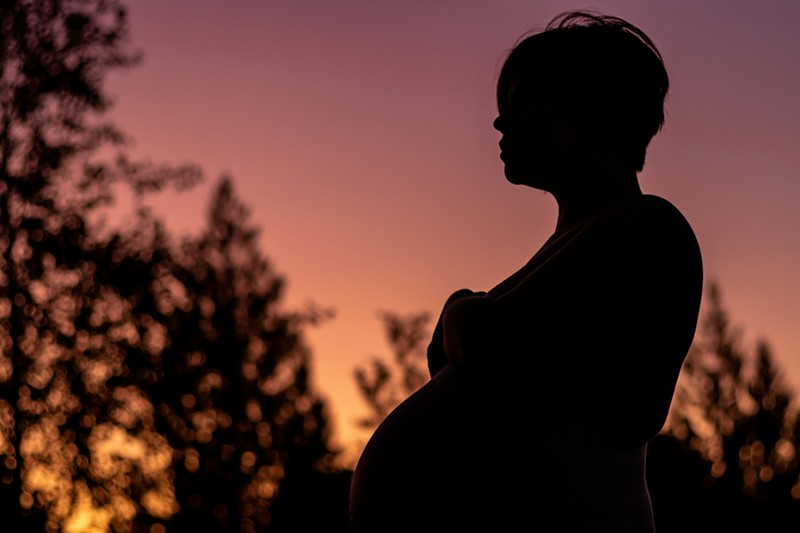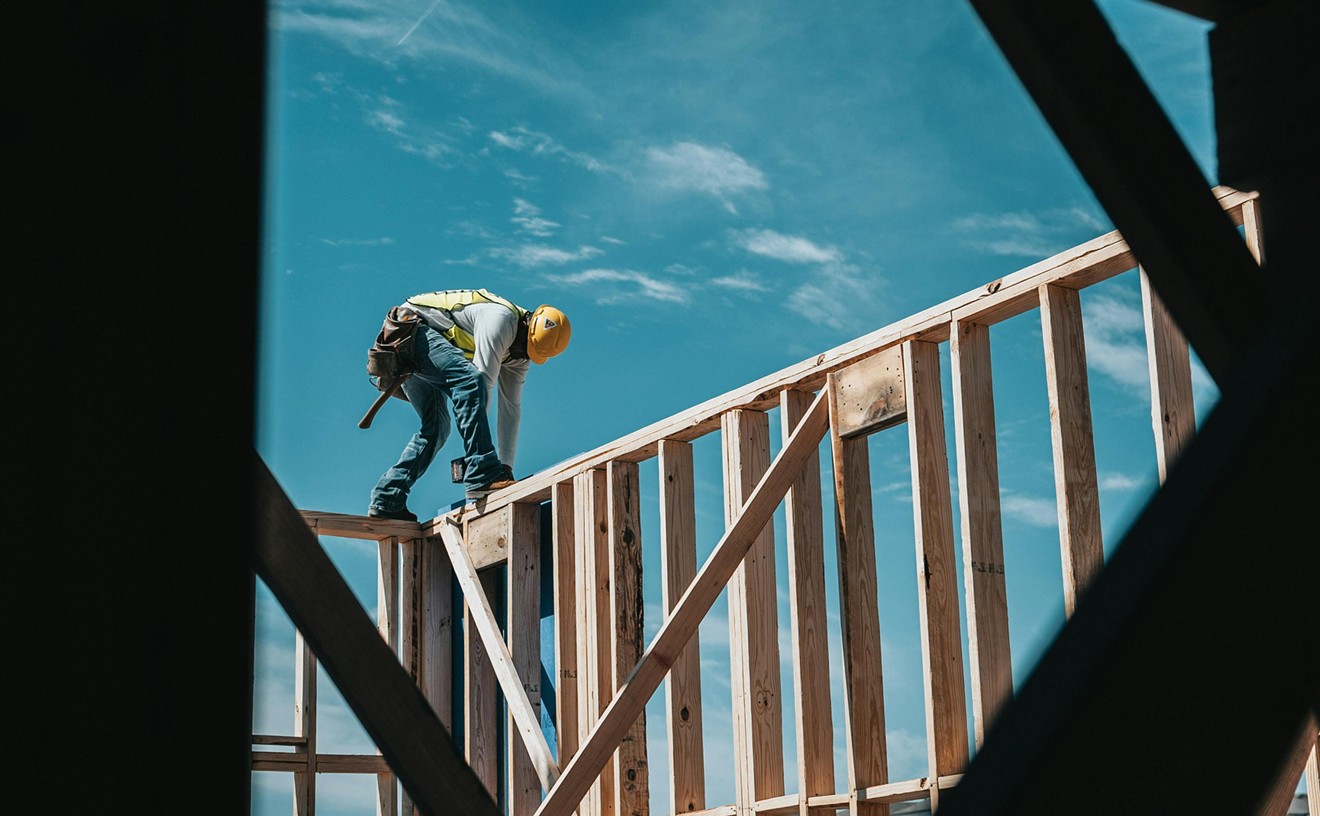Abbott offered his sensible solution: “Texas will work tirelessly to make sure that we eliminate all rapists from the streets.”
Well, either Texas got tired from working around the clock to end sexual assault, or officials didn’t try very hard to begin with.
A study published last week in the Journal of the American Medical Association (JAMA) revealed some eye-popping numbers. Researchers estimated that since the 2022 reversal of Roe v. Wade, the landmark Supreme Court ruling that had guaranteed the right to abortion, more than 26,000 rape-caused births have occurred in the state.
Of 14 states with total bans, Texas was by far the leader in this regard, according to the study. The Lone Star State logged nearly 45% of such pregnancies when considering the nine states with no rape exception.
Certain conservative outlets have dismissed the study as “advocacy research,” but reproductive rights advocates are holding up the results to woefully say: “We told you so.”
D’Andra Willis, birth justice coordinator at The Afiya Center, told the Observer that Black women are disproportionately at risk of experiencing sexual violence. Around 1 in 5 such women are rape survivors. They’re also the most likely demographic to die during childbirth.
Black women’s maternal mortality rate in 2021 was around 70 deaths per 100,000 live births, according to the Centers for Disease Control and Prevention. That’s more than 2.5 times the rate experienced by their white counterparts.
The maternal mortality numbers are only going to get worse in a post-Roe world, Willis noted.
“Abortion has been taken away. Birth control is very scarce; it's not easy to get birth control anymore,” she said. “We don't have comprehensive sexual education in the schools, so where are they going to get the information? Where are they going to get the resources, where are they going to get the tools?”
“We cannot allow this to be the new norm. Texans deserve better from their state leaders.” – State Sen. Carol Alvarado, Houston Democrat
tweet this
The Texas Senate Democratic Caucus issued a statement on JAMA’s findings, as well as another analysis that found Texas’ fertility rate had spiked after the 2021 ban went into effect — for the first time since 2014. The national rate, by contrast, dropped.
At the same time, the birth rate for Texas teens jumped for the first time in 15 years.
“These figures should outrage all of us,” the Texas Senate Democratic Caucus wrote. “Women and girls across our state are enduring unwanted pregnancies, suffering from life-endangering complications in desired pregnancies and fleeing the state for medical care.”
State Sen. Carol Alvarado, a Houston Democrat, slammed Texas’ anti-abortion legislation in a post on X. Thousands upon thousands of Texans were forced to carry their rapist’s child to term, she wrote.
“We should all be outraged! Women across our state are enduring unwanted pregnancies, suffering from life-endangering complications in desired pregnancies & fleeing the state for medical care,” Alvarado said. “We cannot allow this to be the new norm. Texans deserve better from their state leaders.”
At the same time that funding is lacking for pro-abortion groups, more and more people need help. Willis said The Afiya Center is now seeing a greater number of forced pregnancies, and many moms require mental support. Yet Texas has neglected to expand Medicaid and leads the way in uninsured residents.What’s happening in TX should serve as a dire warning. Since the abortion ban went into effect, there were 26,313 rape-related pregnancies in TX! These survivors of rape were left with no other option in TX but to carry their rapist’s pregnancy to term. We should all be outraged!… pic.twitter.com/ODoiSxc2Po
— Carol Alvarado (@CarolforTexas) January 25, 2024
More women are suffering from postpartum depression, she said, which certain new moms may struggle with for months or even years.
That’s compounded by the fact that some of these new parents are giving birth after having been sexually assaulted.
“Think about a person that’s forced to have a baby from being raped, and what life could be for her,” Willis said. “If we followed her for the next three years, it will really prove and show all of us how bad this abortion ban has really impacted people.”
And ripple effects will undoubtedly be felt by others, such as kids in the home and romantic partners, she said. These bans also perpetuate poverty and mental instability.
Researchers will continue to examine this topic, but Willis noted that if voters don't mobilize to protect reproductive rights, changes in policies won’t just magically manifest.
“The greatest way to support grassroots organizations ... is support through funding,” she added. “Because we're the ones that are helping. We work day in and day out, tirelessly trying to figure out a way to just keep the stability and keep the people alive, and give them a little glimpse of hope.”












